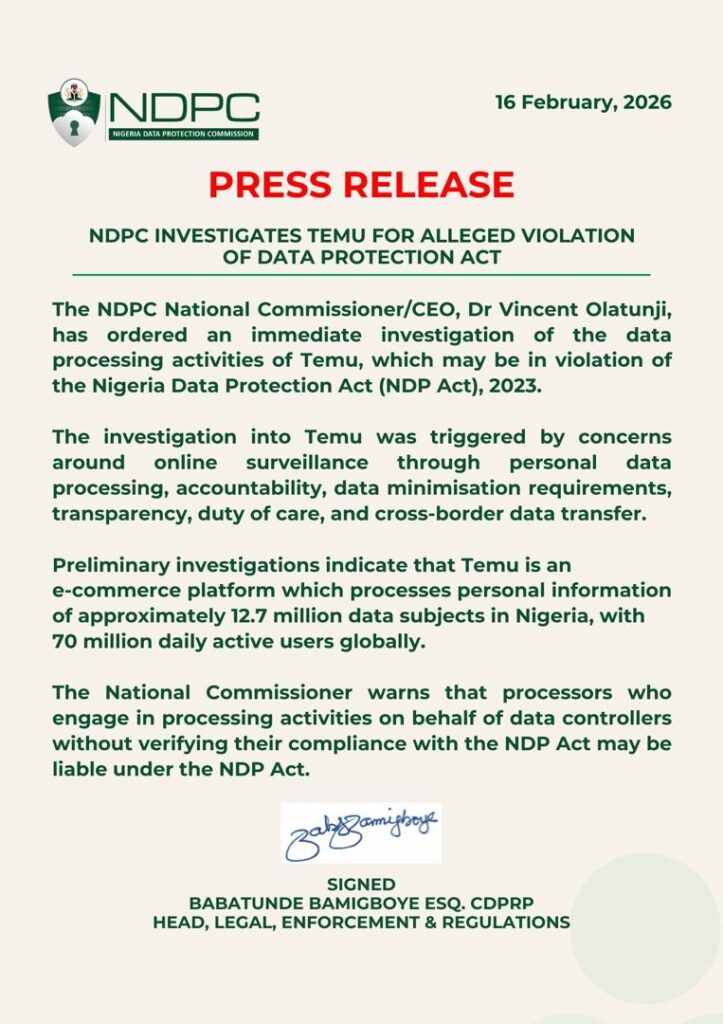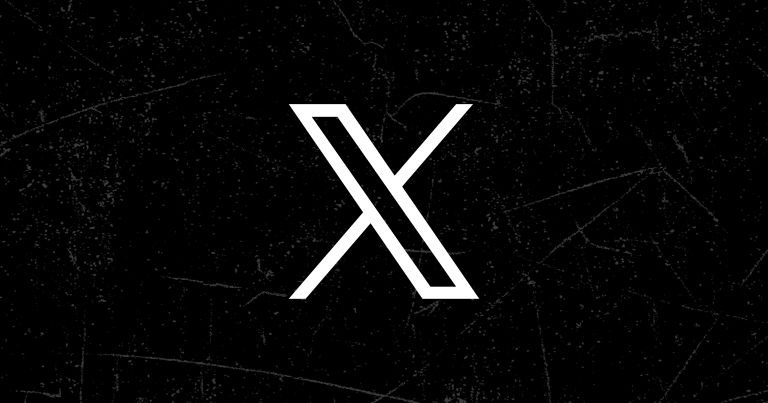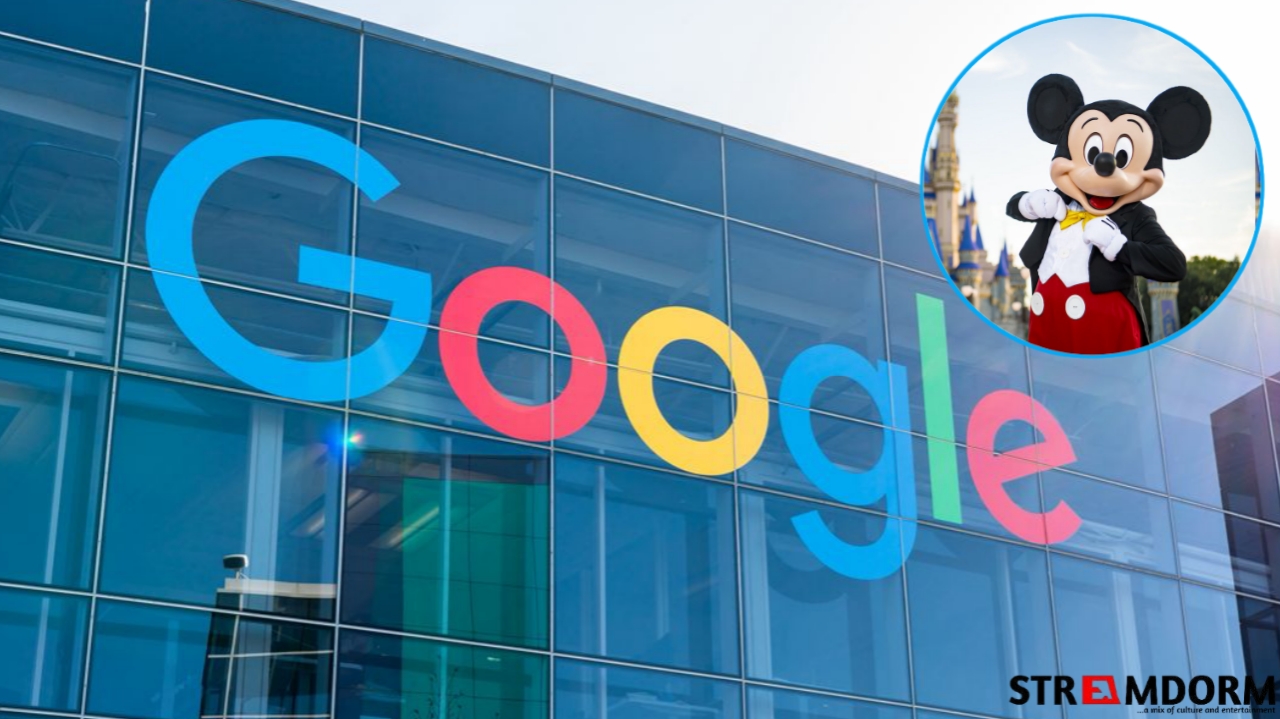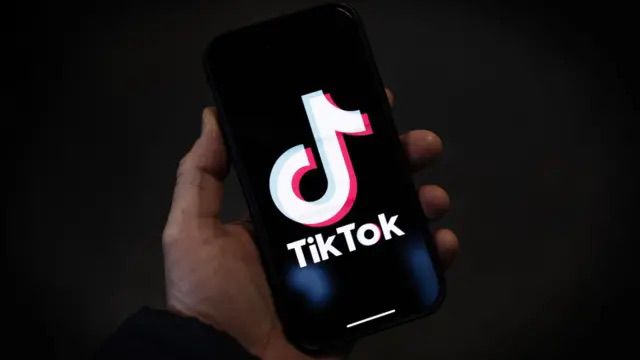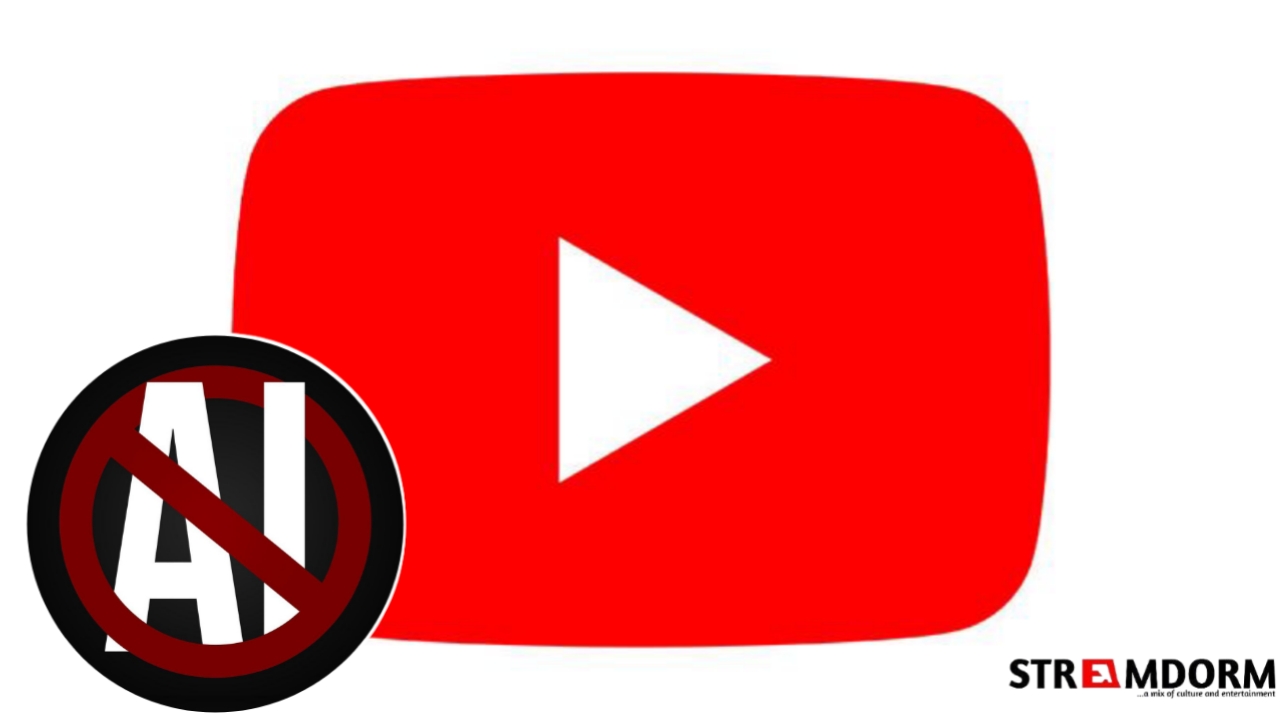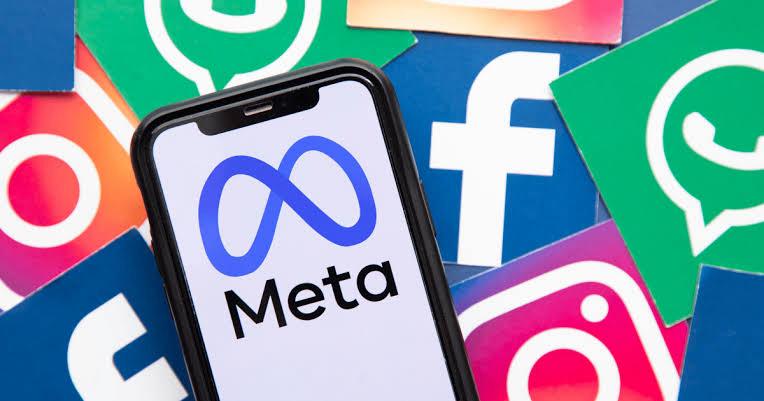Samsung Electronics has unveiled the Galaxy S26 series, introducing what it calls the world’s first built-in Privacy Display on a smartphone, with the feature exclusive to the Galaxy S26 Ultra.
The announcement was made during Samsung’s 2026 Galaxy Unpacked event. The Privacy Display is designed to prevent people nearby from seeing a user’s screen content, offering protection in public spaces such as buses and offices. Unlike traditional stick-on privacy films, this technology is fully integrated into the phone’s display.
Samsung’s built-in privacy technology operates at the pixel level, dynamically controlling how light is emitted from the screen. In standard mode, the display functions like a typical flagship phone, offering wide viewing angles and full colour accuracy. In privacy mode, side angles are restricted, making the content visible only to the person directly in front of the screen.
The feature also allows users to: Toggle privacy mode manually from quick settings, Automatically activate privacy for selected apps or sensitive actions, such as entering PINs or passwords and Choose between partial privacy (hiding notifications or selected content) and maximum privacy, which blocks all side-angle viewing
The Privacy Display addresses “shoulder surfing” a common problem for smartphone users in public settings while maintaining the device’s premium display quality.
The Galaxy S26 series, including the S26, S26+, and S26 Ultra, is set to be released globally beginning March 11, 2026. The Ultra model, which includes the Privacy Display, comes with other flagship upgrades, including enhanced AI tools and camera improvements. Pricing for the Galaxy S26 Ultra starts around $1,299 in the United States per reports, with regional variations expected.



